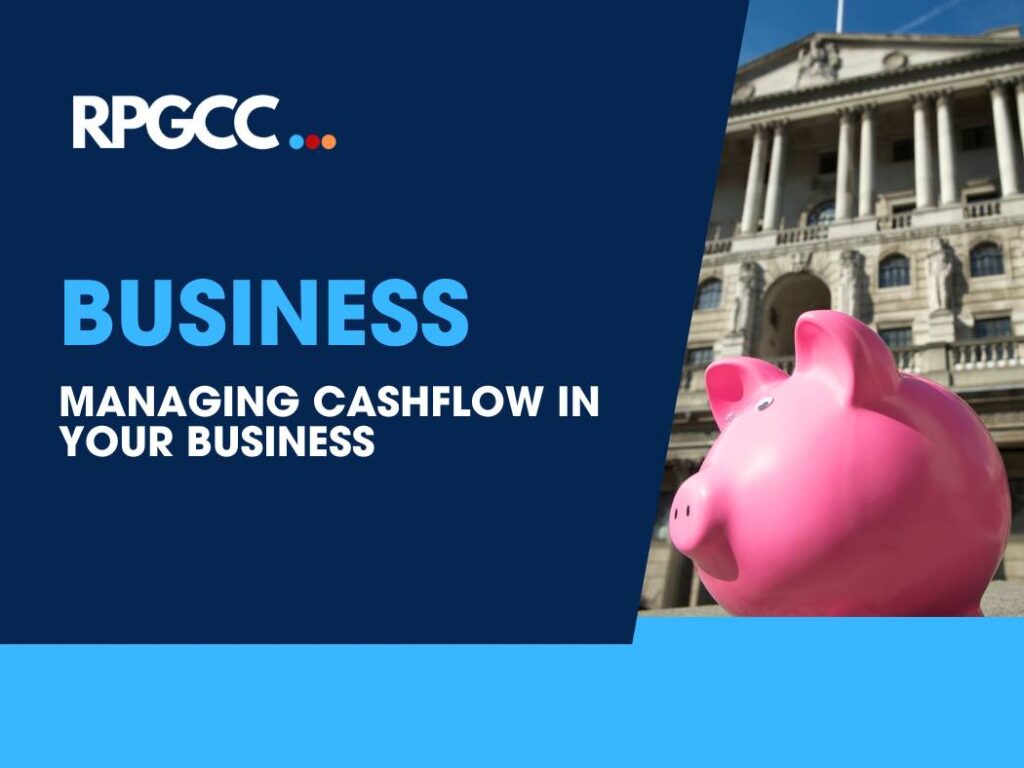Employee share schemes – what are the advantages for business owners?
As you would expect we meet with our business owning clients often. Time after time we quickly establish that they are often unaware of the potential treasures of employee share schemes and the value an employee share scheme could hold.
Many business owners believe that employee share schemes are only for larger companies and that they require significant time costs to manage. In reality, employee share schemes should be within reach of most trading companies.
There is also a common misconception that employee share schemes have to be made on employee-wide basis but actually, the most tax-favored awards can also be accessed using discretionary share schemes meaning that certain employees can be allowed to participate and not others. The level of the awards can also be differentiated between the recipients.
Why would an employee share scheme incentivise employee or prospective employees?
At its very core, an employee share scheme is an incentivisation tool for existing employees and prospective employees, which means:
• It would form part of an employee’s remuneration package so can work alongside any cash bonus scheme.
• It provides a buy-in for employees to see that the business grows.
• If structured correctly, it results in a better tax position for the employer and the employee than a cash bonus. A sale is likely to result in a better return to the employee than an up front bonus.
• There does not need to be an up front cost to the employee – instead, the cost could be payable out of any future proceeds.
• Investment in staff and recognition of importance to the business.
• Rewards are tied to share price/ company value.
• Employee rewards are dependent on owners’ returns.
• It ties people into the business.
• The company receives a corporation tax deduction against its profits for the award.
Who can benefit from employee share schemes?
The SME sector in the UK is thriving and recent commentary from banks and economists predict that the coming years will provide an even greater boost to these companies.
Against the backdrop of an increasingly tight labour market, companies are having to differentiate themselves to retain the best staff and attract the best candidates – especially at senior levels.
We are certainly finding that this differentiating factor is especially valuable in sectors where candidates may not expect such rewards e.g. consulting, marketing, communications, recruitment agencies, certain parts of the financial sector.
The shares under option do not need to be in a UK company. We have worked on a number of cases where there is a global share scheme which can be adapted to fall within the favourable UK tax schemes so that employees of the UK subsidiary can benefit in the most tax-efficient way.
What types of employee share schemes are there?
The most common employee share schemes for the SME sector are the Enterprise Management Incentive (EMI) scheme and the Company Share Option Plan (CSOP). Both of these schemes are share option schemes which means that the employees do not become shareholders until the options are exercised.
Where we find this works very well is when the options are made exercisable on an exit. That way, the employee only becomes a shareholder when there is a sale and before that point the options do not grant them any shareholder rights.
For trading companies with less than 250 employees and £30m in gross assets (these are group-wide thresholds if your company is part of a group), an EMI scheme is usually the most favourable choice.
This is because, an EMI scheme provides:
• Flexibility in terms of the inclusion, or not, or performance criteria and vesting schedules;
• a more generous allowance for the award to any single employee (and more capacity for the amount of the award that the company can give across all employees);
• a better chance in securing a 10% tax rate Business Asset Disposal Relief (BADR) claim for the employee on a sale;
• very few requirements on the type of share under option that qualifies;
• the ability to get HMRC agreement up front on the share value and that the company qualifies under the scheme, which assists in future due diligence exercises;
• a fantastic opportunity, in the early stages of a business for employees to share in the future growth of the business at a lower market value.
• that there is no requirement for the strike price of the option to be at market value – a really ‘something for nothing’ proposition for employees.
A CSOP has many of the tax benefits of an EMI but has a slightly more restrictive criteria in terms of the limits of the awards under the scheme, the strike price and the ability for the employee to achieve the 10% Business Asset Disposal Relief tax rate.
Employee share schemes – factors business owners need to consider
• Do you have a trading business?
• Can you identify key members of staff (or directors) that can help you to drive the business forward?
• If business is growing quickly, it provides a great incentive to employees to join you on that journey.
• The newer the business, the more likely that a lower market value can be agreed with HMRC for the awards.
• Equally, there is no requirement for the business to be new to qualify for EMI or CSOP (unlike the investor tax relief schemes SEIS and EIS).
• SEIS and EIS companies are also likely to qualify for EMI and CSOP.
If you are a business owner and would like to discuss the implementation of an employee share scheme in your business, contact us on 020 7870 9050. We would be happy to arrange an initial consultation at no cost to you with a member of our Corporate Tax team.





